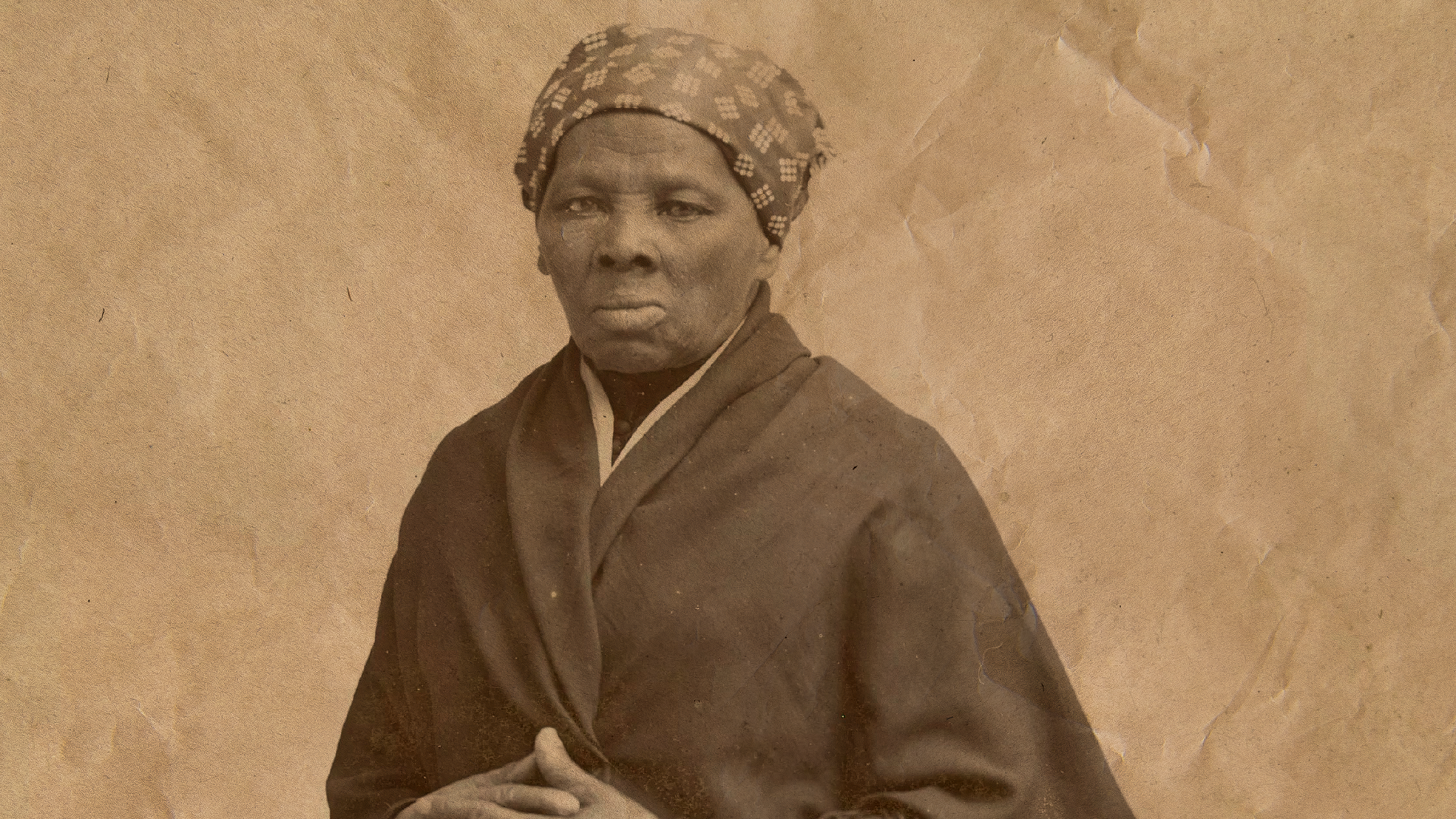every saturday until international women's day, we will dedicate an editorial to women that we admire, that inspire us and that we consider to be extraordinary. we are a team of mostly women who produce pieces for mostly women and we are all feminists. we strongly believe that these examples, far from our reality and who have distinguished themselves by incredible achievements, should be remembered.
HARRIET TUBMAN
I actually learned about harriet tubman when I saw the movie that bears her name. I was overwhelmed by her courage and determination, I thought it couldn't be...maybe the movie exaggerated her accomplishments. when I began to read about her life, I felt that I would never forget her.
araminta ross was born probably between 1820 and 1822 in douchester county, maryland (USA). the daughter of enslaved parents, at the age of 5 she was borrowed (it hurts me physically to write these words) as a domestic servant to take care of a baby. soon after, the physical punishments began, and at the age of 7, she was again loaned out to work on a plantation. one day, when she witnessed an enslaved man being beaten, she decided to intervene and was hit on the head with such force that it left her with irreversible consequences (severe migraines, narcolepsy, vivid dreams/hallucinations).
 in 1840, her father became a free man, and although his master left a will stating that he wanted his children to be free, his wish was not fulfilled. a few years later, she married john tubman (a free black man) and adopted his name. the marriage isn't particularly happy, which isn't surprising given that reality, but when she learns that two of her brothers are about to be sold, they decide to run away. with the help of the underground railroad, they jump from place to place until they finally reach the north. if that were all there was to the story, we'd already be convinced of her strength, but even though she's safe and free, harriet decides to go back to save her nephews and try to convince her husband to run away, too (which he won't).
in 1840, her father became a free man, and although his master left a will stating that he wanted his children to be free, his wish was not fulfilled. a few years later, she married john tubman (a free black man) and adopted his name. the marriage isn't particularly happy, which isn't surprising given that reality, but when she learns that two of her brothers are about to be sold, they decide to run away. with the help of the underground railroad, they jump from place to place until they finally reach the north. if that were all there was to the story, we'd already be convinced of her strength, but even though she's safe and free, harriet decides to go back to save her nephews and try to convince her husband to run away, too (which he won't).
after that, harriet returned to the south several times, helping dozens of people and teaching dozens more how to escape on their own. her success prompted slave owners to offer a $40,000 reward for her capture or death, she was never caught and never lost a “passenger.”
through the underground railroad, harriet came to know the cities and transportation routes that made up the south - information that made her important to union military commanders during the civil war. she walked confederate controlled streets, learning from enslaved people about confederate troop deployments and supply lines. helped many of these people find food, shelter, and even jobs in the north. she also became a respected guerrilla fighter. as a nurse, administered herbal remedies to black and white soldiers dying of infection and disease.

after the war, while caring for her aging parents, she raised funds to aid freedmen and joined elizabeth cady stanton and susan b. anthony in their quest for women's suffrage. she remarried nelson davis (20 years her junior), adopted a daughter, and continued to care for the elderly in her home. as davis's widow (he died in 1888), she finally received $8 a month in 1895 and $20 in 1899 for her service, after an extensive campaign for a military pension. harriet died in 1913 and was buried with military honors in fort hill cemetery in auburn, new york.
cláudia cavaleiro the editor in chief for CINCO editorial. born in '82 in coimbra, she is graduated in philosophy from the university of coimbra. passionate about books and podcasts in a geek kind of way, she always find something interesting to research. loves to bring awareness to social problems and loves working at CINCO!
we independently evaluate all recommended products and services. if you click on links we provide, we may receive compensation.









